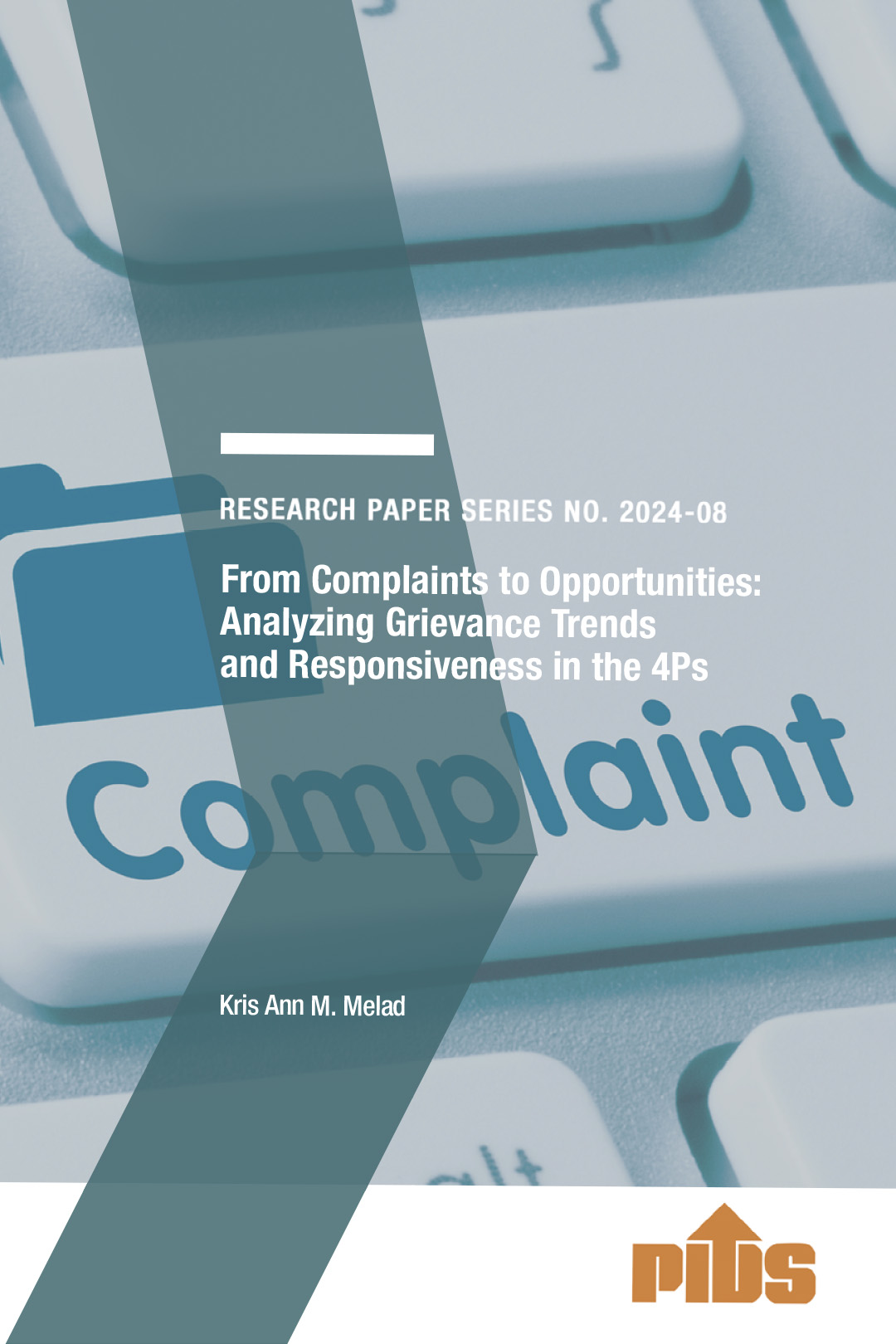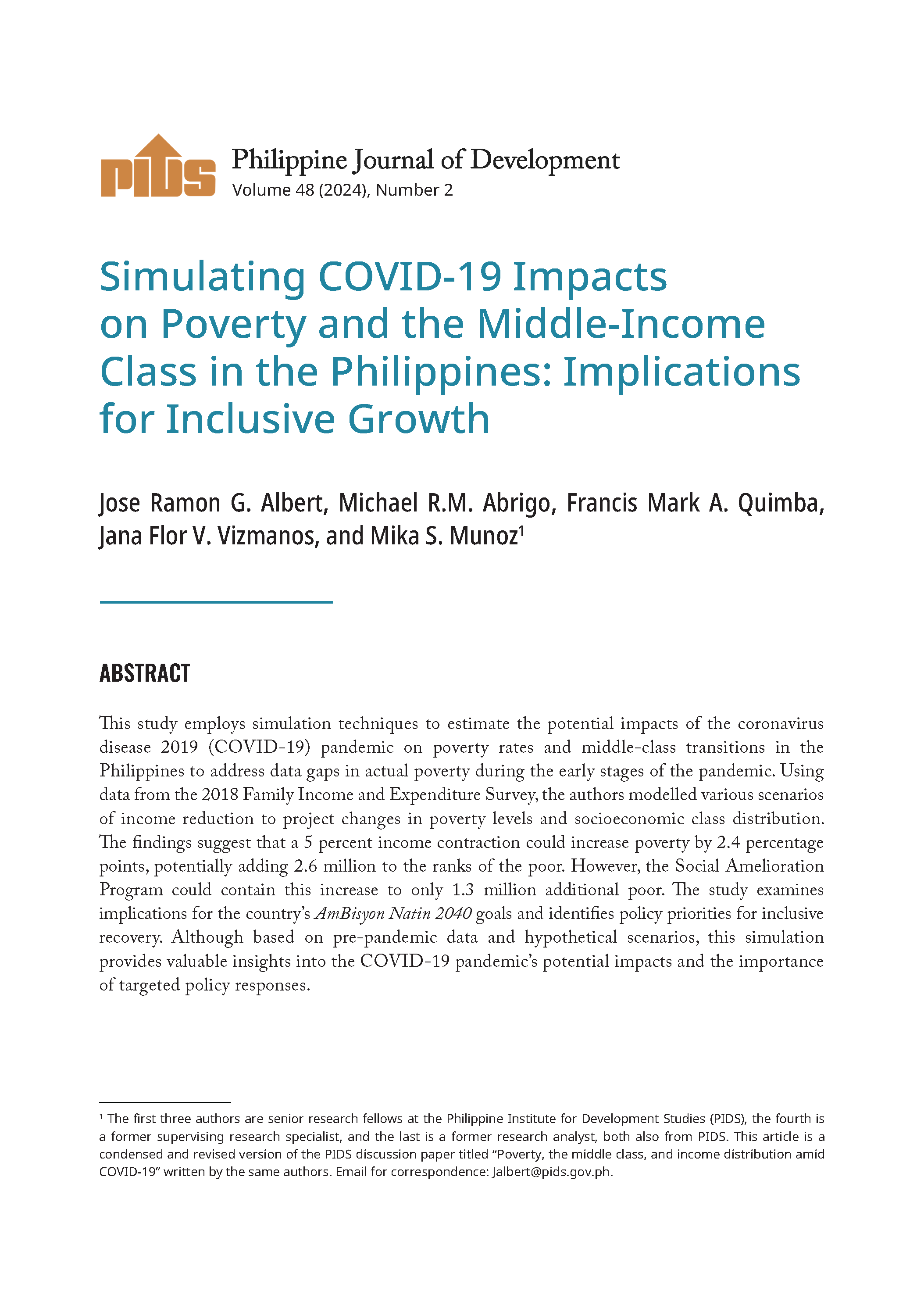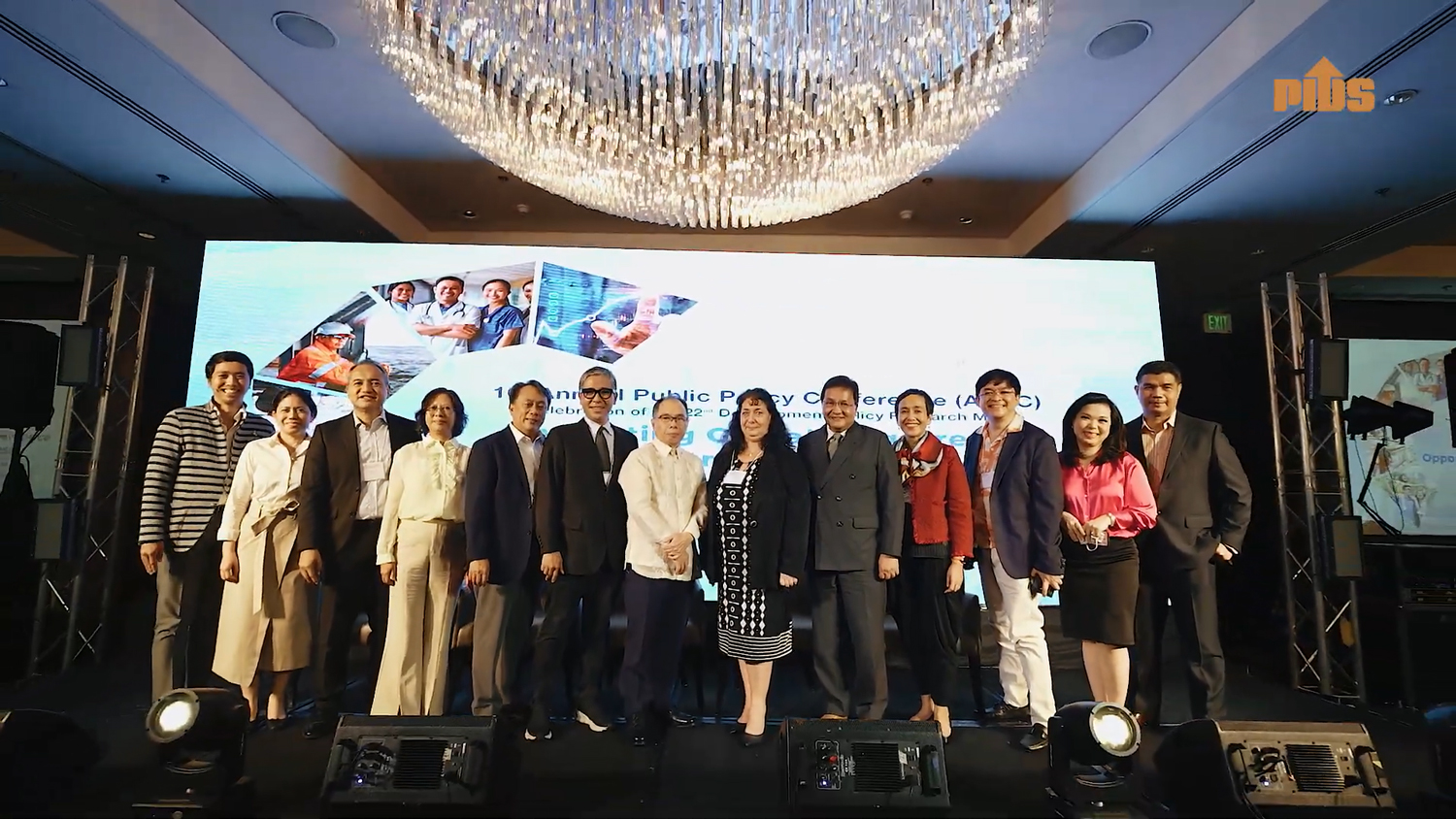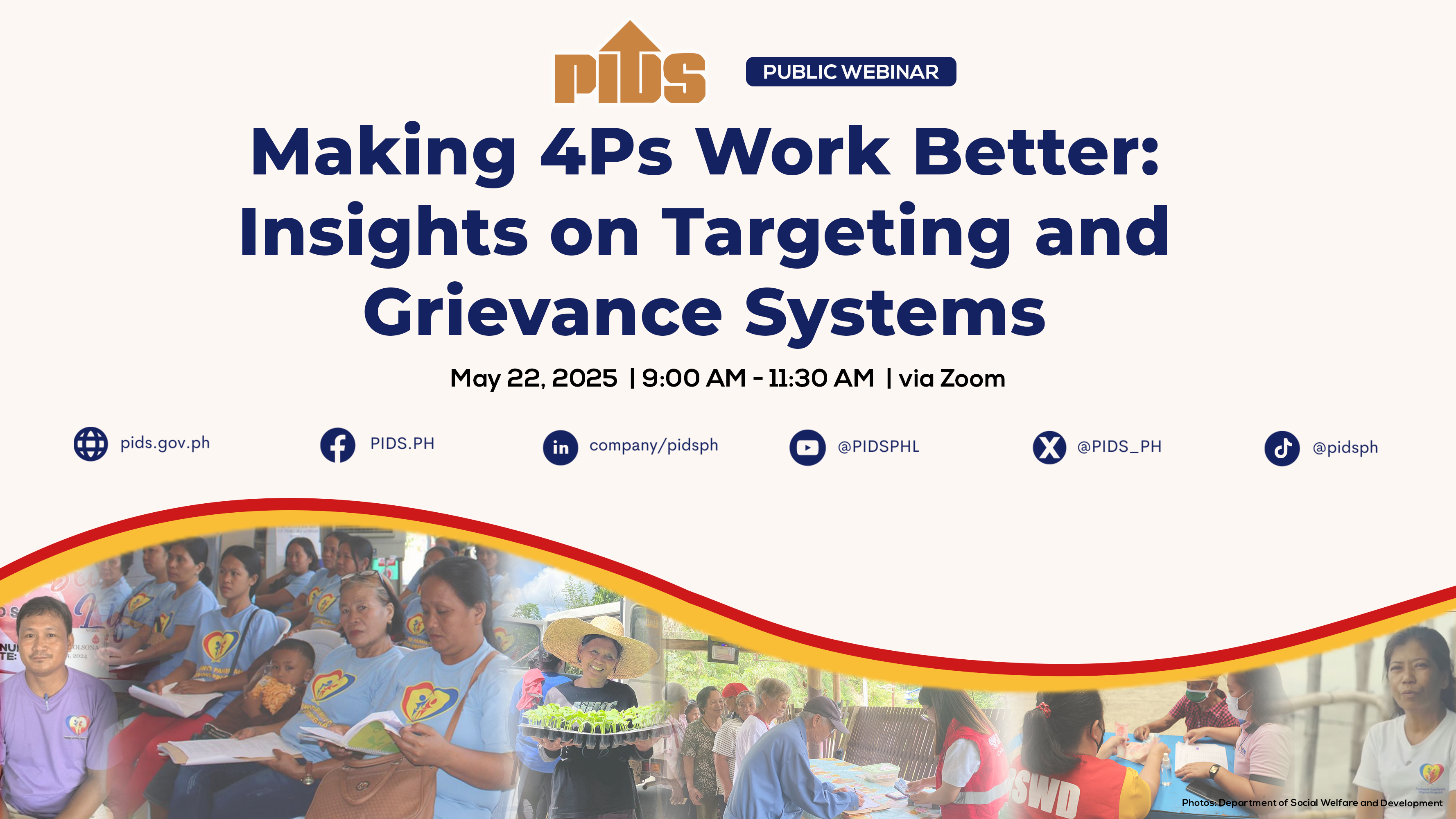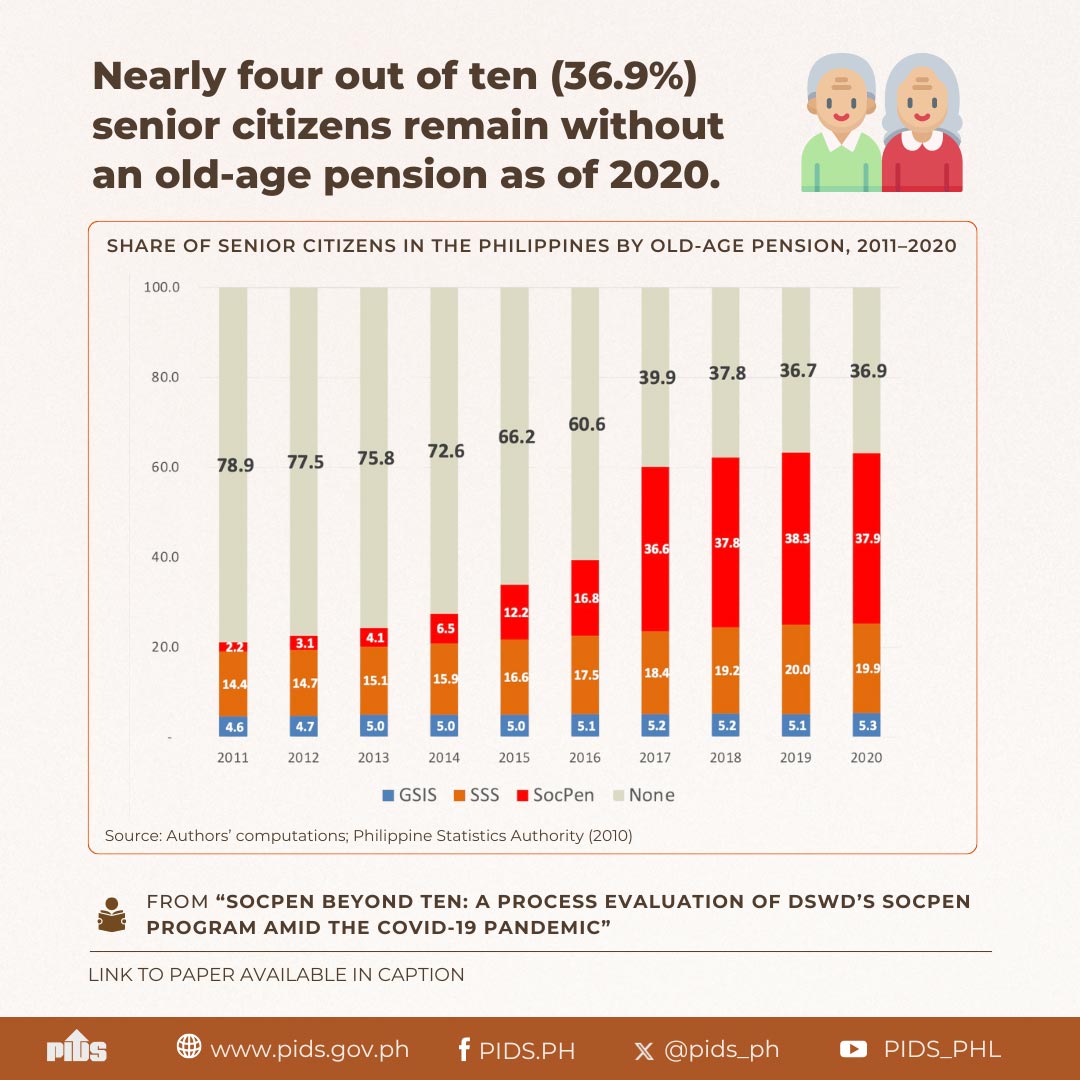MANILA, Philippines— The Department of Social Welfare and Development (DSWD) announced that it has commissioned Brain Trust Inc., a third-party evaluator, to assess the effectiveness of the Pantawid Pamilyang Pilipino Program (4Ps) and its coordination with other government anti-poverty initiatives.
“We procured the service of a third-party vendor, Brain Trust Inc. founded by Dr. Cielito Habito, to look at the success rate of pulling people out of poverty gamit ang 4Ps at in its relation to other government anti-poverty programs like Tulong Panghanapbuhay sa Ating Disadvantaged/Displaced Workers (TUPAD) and Medical Assistance for Indigent Patients (MAIP),” Secretary Rex Gatchalian said during the Saturday News Forum at Dapo Restaurant.
This will mark the first time that 4Ps will be evaluated by a third-party entity, and results are expected to be released in October.
“This is a comprehensive study, and we expect to receive the results sometime in October. For the first time, a third-party evaluator will assess the success of these programs in alleviating poverty,” Gatchalian explained.
Under Republic Act No. 11310, or the 4Ps Act, an impact assessment is mandated every three years to evaluate the program’s effectiveness, validate the list of household-beneficiaries, and assess the program’s implementation. This assessment is conducted by the Philippine Institute for Development Studies (PIDS).
“Ang 4Ps ay mayroong built-in na impact assessment sa batas. Ang nagpapatakbo nyan ay ang Philippine Institute for Development Studies (PIDS), every three years,” Gatchalian added.
Among the key indicators of 4Ps’ success are educational attainment and enrollment rates of the beneficiaries’ children. Since its inception in 2010, around 12.2 million children have graduated under the program, with 4.2 million completing elementary and 4.5 million finishing high school. Additionally, about 37,000 beneficiaries have passed board exams.
Another significant success indicator is the higher enrollment rates of children from 4Ps households.
“Ang pinakaimportante rito, sa impact assessment, yung enrollment ng mga bata from primary education all the way to senior high school, laging mas mataas pagdating sa 4Ps na mga pamilya,” Gatchalian said.
He also highlighted that nearly nine out of 10 children from 4Ps families continue their education up to junior or senior high school, surpassing the enrollment rates of non-4Ps families.
Secretary Gatchalian reaffirmed the DSWD’s commitment to continuously evaluating and improving its programs to effectively address the needs of the poor and vulnerable sectors, in line with the nation’s poverty reduction goals.
The 4Ps is the Philippine government’s national poverty reduction strategy and human capital investment program, with the DSWD serving as the lead agency. Beneficiary households are entitled to receive cash subsidies provided they meet specific conditions regarding health, nutrition, and education.

